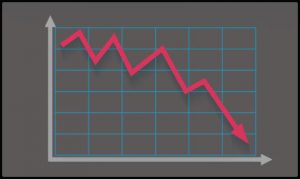In Singapore and the last few years have reportedly seen unsuspecting victims lose in excess of $11.6 billion at the hands of scammers running ‘fake’ online gambling platforms.
According to a report from GGRAsia, most online gambling is illegal in the former British outpost but some punters have been attempting to circumvent this prohibition by signing up for applications or domains promising a range of games including local favorites baccarat and mahjong. The source detailed that these illicit iGaming services are usually advertised via online dating websites and ask customers to deposit an initial amount so as to receive ‘betting credits’ alongside the subsequent ability to wager for these cash rewards.
Successional sting:Venir de Tragamonedas Gratis Online
However, officials from the Singapore Police Force are now reportedly warning would-be online gamblers that such operations are a scam as customers soon discover that they are required to deposit even more cash before being allowed to cash out any supposed winnings. Once this second payment is made, punters are purportedly finding that these illegitimate services are going quiet before disappearing altogether with their money.
Major malady:Venir de Tragamonedas Gratis Online
Local law enforcement officials have reportedly explained  that such instances of fraud increased by 18 times over the course of the last two years to encompass 299 cases altogether worth at least $11.6 billion. Police figures moreover purportedly asserted that ‘fake gambling’ now accounts for about 83% of Singapore’s consumer-targeted scams with most of the remainder consisting of investment-type frauds where organized crime syndicates open dodgy bank accounts so as to snare money from the public.
that such instances of fraud increased by 18 times over the course of the last two years to encompass 299 cases altogether worth at least $11.6 billion. Police figures moreover purportedly asserted that ‘fake gambling’ now accounts for about 83% of Singapore’s consumer-targeted scams with most of the remainder consisting of investment-type frauds where organized crime syndicates open dodgy bank accounts so as to snare money from the public.
Heightened hesitancy:
But, cases of ‘fake’ online gambling in Singapore could reportedly be much higher due to the fact that victims are often reluctant to come forward. Under the tenets of the city-state’s Remote Gambling Act, anyone purportedly convicted of having utilized an illicit iGaming domain, whether they be a perpetrator or a victim, faces being hit with a range of penalties that include a fine of up to $3,750 in addition to a six-month prison term.